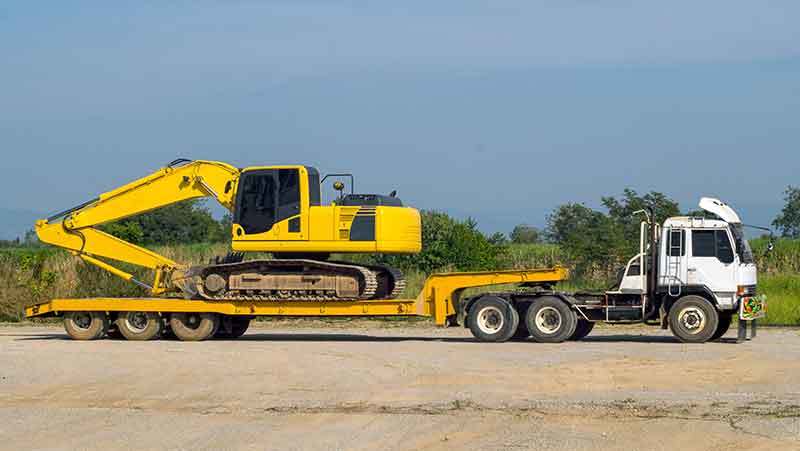
Businesses are increasingly looking to rent heavy machinery to reduce the size of their fleets and cut costs. This means the heavy machinery rental industry is expected to reach a market value of $145 billion by 2026.
Renting heavy machinery for the first time can be complex. Businessowners have a few things to consider before they opt to rent heavy machinery.
Get the Specs Right
Regardless of what you are renting, you need to measure the heights you need the machine to reach to complete a specific job. Never rely exclusively on the specs available online as these are not always 100% accurate.
For example, if you are renting solar pile drivers and you find that you are a few feet short, it is going to be extremely expensive to resolve the problem.
Call the rental coordinator for confirmation regarding the minimum and maximum height requirements of the machinery you wish to rent.
Know the Scope of Your Project
Your project should be as detailed as possible, so you are aware of how long you are going to need the equipment for. Getting it wrong could mean paying for multiple rental periods or holding equipment for too long.
With more and more businesses operating on tight budgets, knowing the scope of your project could save you thousands of dollars in the long-term.
What is the Ground Condition?
You will need to be sure of the ground condition in advance or you could be putting yourself and your team in danger. Will you be operating on a smooth, flat, or rocky surface?
The rental company will need to know this so they can provide the right machine. Trying to operate a heavy piece of wheeled machinery on a rocky, slanted surface is a recipe for disaster.
The terrain will also influence the type of tread you will require.
Do You Need Any Additional Attachments?
The type of work you are carrying out will also influence the additional attachments you may need. Your rental company will be able to make recommendations if you are not quite sure.
For example, if you are performing demolition work you may need a tooth-edged ripping bucket. If you are going to be drilling, you will need a breaker.
Make sure you speak to your equipment provider to find out more about this.
How Long Will Your Project Take?
The first question any rental provider will ask is how long you want to rent the machine. You must have specific dates in advance. It is usually possible to opt for an extension if your project encounters any unexpected snags, but this is not a guarantee.
Take a look at the rates charged because some rental providers may make it cheaper if you wish to rent the machinery for an extended period of time, as opposed to a few days.
Transportation Needs
Most rental companies will handle the transportation of your heavy machinery, for an additional fee. Be aware that this is not a given and you should find out whether this service is provided. Some rental companies will require you to collect the machinery and bring it back.
Although it is more expensive to opt for transportation, transportation, and rental expenses are tax-deductible immediately, rather than being classified as a type of long-term depreciation.
Check the Maintenance Records
Heavy machinery requires regular maintenance to ensure it continues to work efficiently and safely. With so many rental providers in the market, it can be difficult to know which company is going to offer you high-quality equipment.
Ask to inspect their maintenance records for the piece of machinery you wish to rent. With only a limited time to use the machine, any delays caused by breakdowns could be catastrophic for your bottom line.
Training and Safety Certificates
Not everyone is trained to use heavy machinery. Many pieces of equipment will require up-to-date training and safety certificates, otherwise, you could invalidate your company insurance policy.
Many rental companies will provide training to your operator. These are not necessarily formal training courses, however, so you should ensure your operator is authorized to take control.
An accident, while an untrained operator is using the machinery, could lead to your company paying thousands of dollars out-of-pocket. Plus, in many states, operating heavy equipment without the necessary permits and training is illegal.
Conclusion
Renting heavy equipment does not need to be complicated. Choosing a reliable rental provider with five-star customer service is vital because they will be able to help you make the best decision for you.
The number one piece of advice is to make sure you have as much information about your project as possible. This can prevent unnecessary delays later on.
Are you looking to rent a piece of heavy equipment in the near future?
